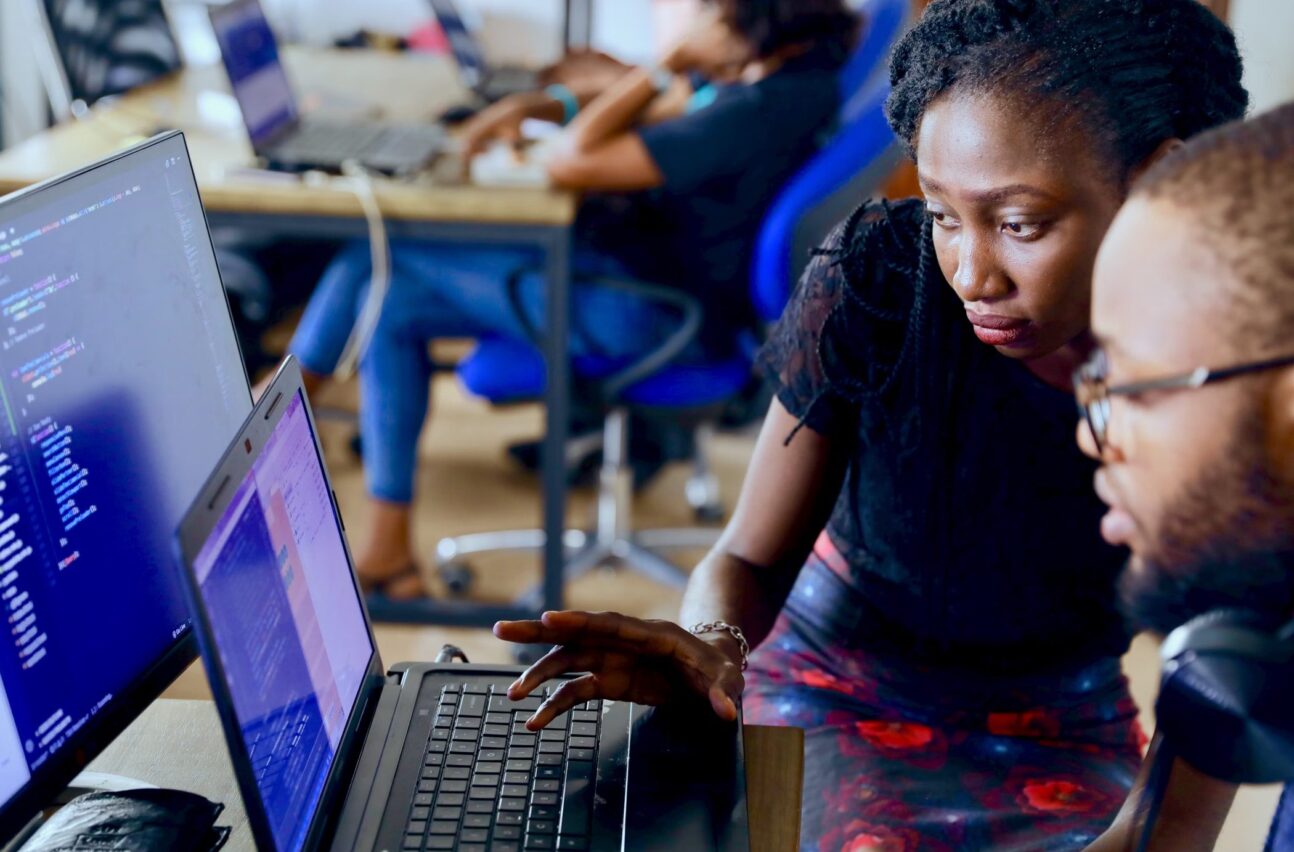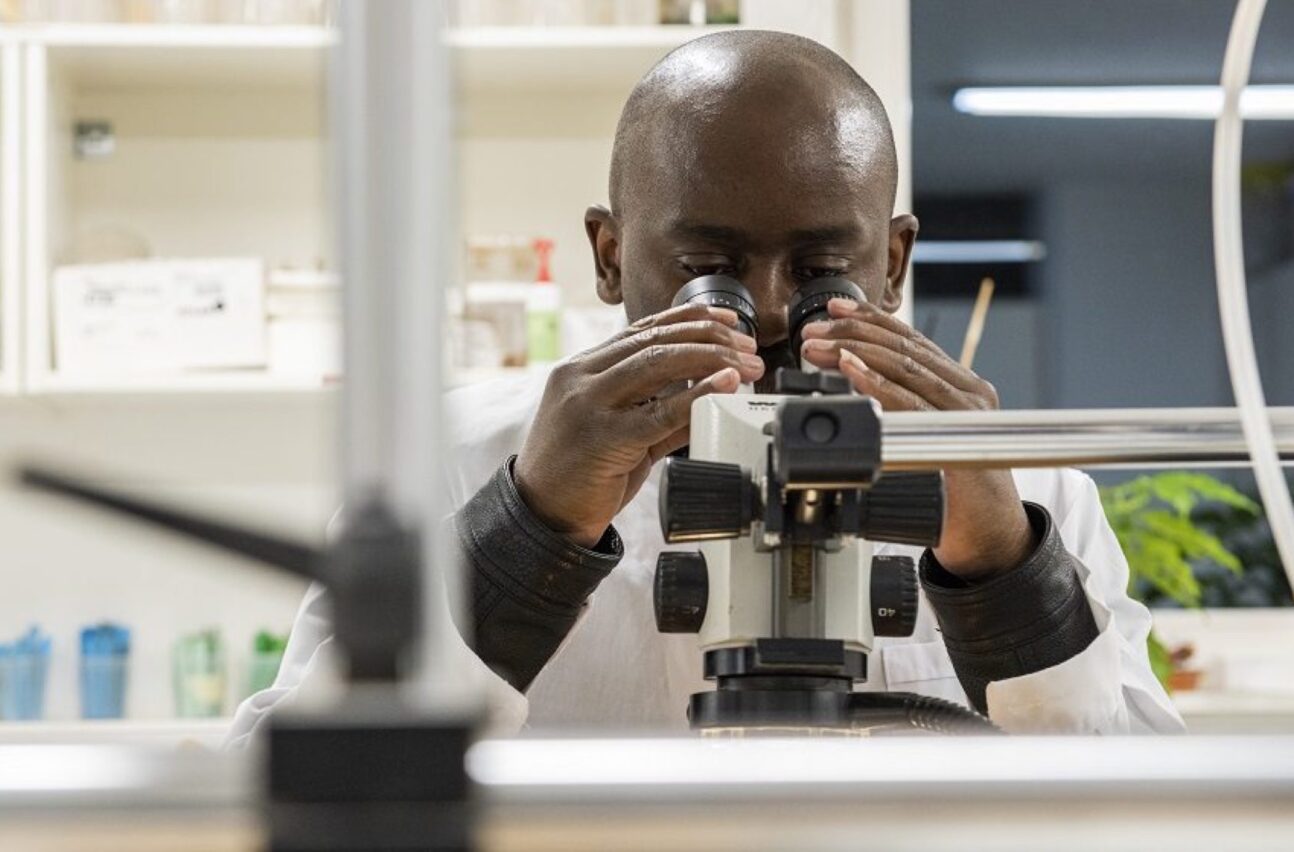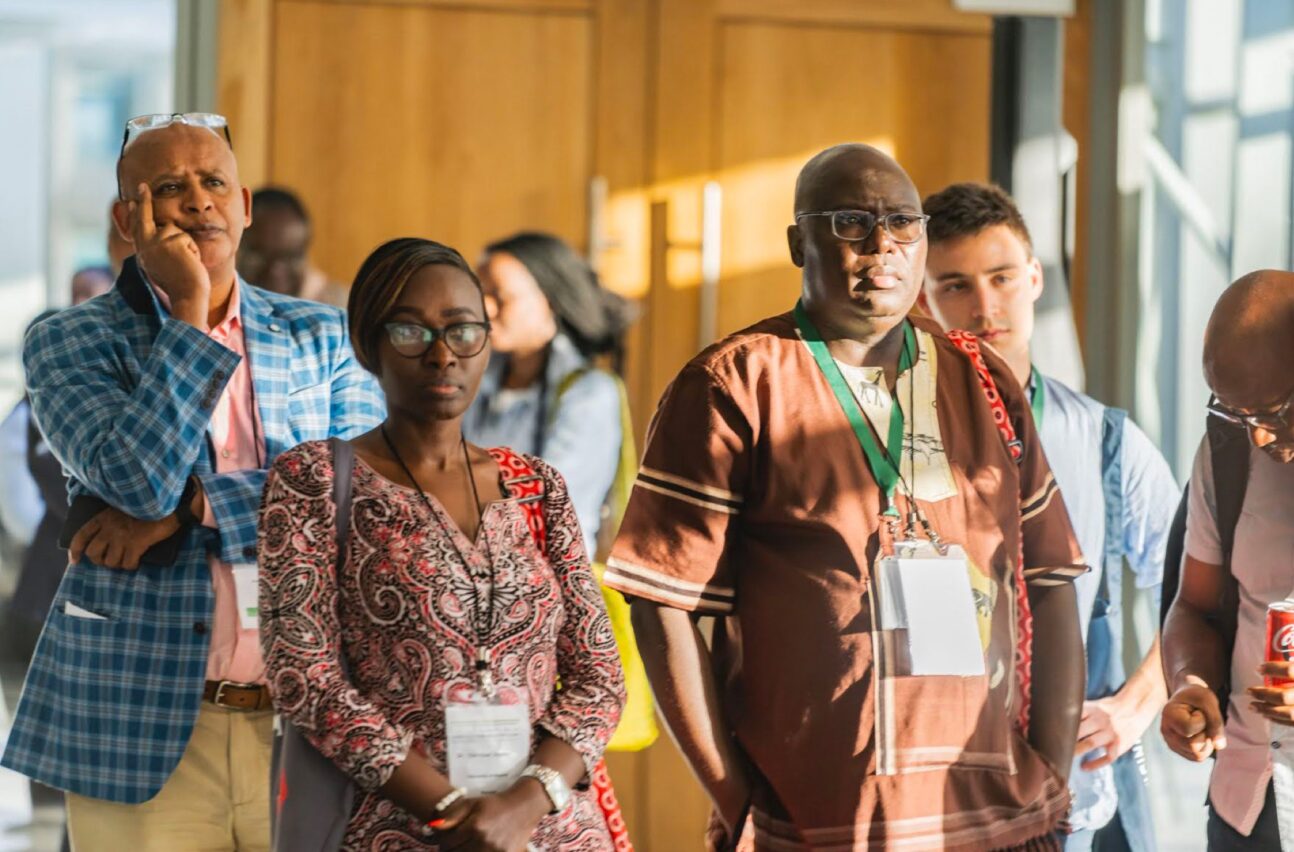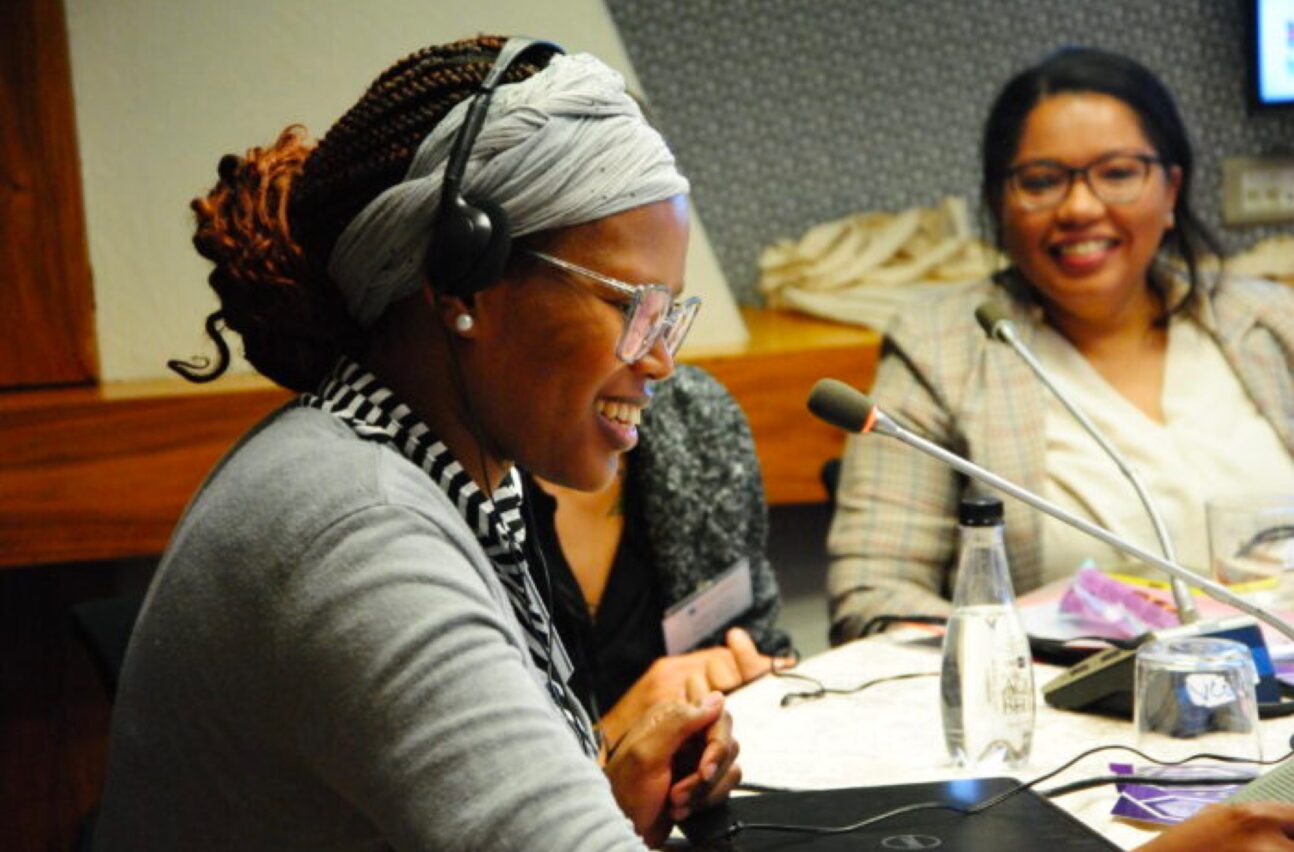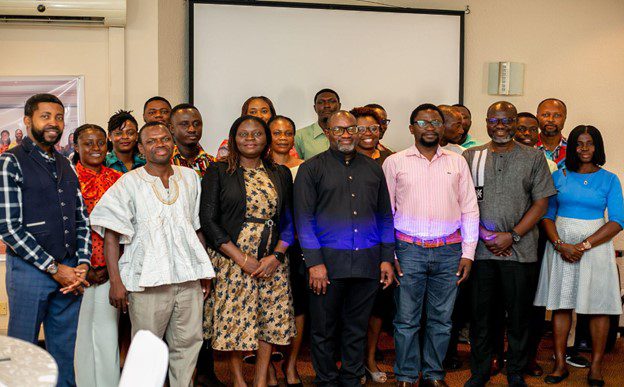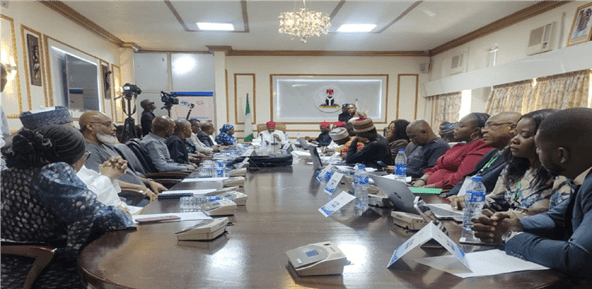Africa stands at a defining moment. The African Union’s Science, Technology and Innovation Strategy for Africa 2034 (STISA 2034) sets out a bold vision for socio-economic transformation through science, technology…
Africa stands at a defining moment. The African Union’s Science, Technology and Innovation Strategy for Africa 2034 (STISA 2034) sets out a bold vision for socio-economic transformation through science, technology and innovation (STI). This framework seeks to tackle the continent’s pressing development challenges and guide the advancement of STI across Africa.
At the heart of this transformation are Africa’s Science Granting Councils (SGCs). In September 2025, representatives of 20 SGCs met in Accra, Ghana, under the Science Granting Councils Initiative (SGCI), in the presence of the African Union Commission (AUC), AUDA-NEPAD, and key development partners, to reaffirm their commitment to STI-led development. The gathering highlighted the pivotal role of SGCI and its member SGCs in supporting the implementation of STISA 2034.
The SGCI’s Accra Communiqué positions African SGCs at the centre of Africa’s STI transformation. It underscores Councils’ determination to mobilize resources, strengthen systems and lead equitable regional and global partnerships.
A Stronger Alliance for Africa’s Future
As SGCI enters its third phase (2026–2030), it is establishing an African-led coordination mechanism: the SGCI Alliance. This Alliance will connect SGCs across the continent, fostering collaboration and amplifying their collective influence. It will ensure that STISA 2034 is not merely a policy framework but a driver of tangible change.
This initiative is grounded in the premise of African solutions to African challenges. Councils will harness Africa’s youthful population, expanding digital infrastructure and vibrant start-up ecosystem. The vision is clear: science, innovation and policy must work together to promote sustainable development..
Investing in Africa’s Own Priorities
The Accra Communiqué highlights that most STI funding in Africa comes from external sources and may sometimes not be well aligned with continental priorities. For instance, funding for engineering and manufacturing—critical for industrialization—remains disproportionately low. SGCs committed to advocating for greater alignment of resources and to progressively increasing domestic R&D investment towards 1% of GDP by 2034.
SGCs also pledged to demonstrate the impact of research and innovation, helping governments to recognize the value of sustained public investment in STI. This evidence-based approach is intended to ensure that research outcomes translate into real benefits for communities.
Strengthening STI Systems and Policies
For over a decade, SGCI has supported SGCs to strengthen STI systems. This included building capacities in grant management, knowledge translation, gender inclusion and evidence use in decision making and policy formulation at the national level. Building on this progress, SGCs committed to review and update national STI policies in line with the STISA 2034 priorities.
Knowledge Translation and Industrialisation
SGCI places strong emphasis on ensuring that research leads to practical outcomes. SGCs support initiatives that add value to natural resources and promote knowledge-based goods and services. The goal is to reduce dependence on raw material exports and to expand production of locally manufactured goods. Progress towards these objectives will be measured against clear indicators.
Regional and Global Collaboration
The Communiqué highlights the importance of both South-South and North-South partnerships. Through regional research networks and collaborative platforms, SGCs will share expertise, resources and innovative ideas. Flagship multi-country research calls under SGCI will focus on STISA 2034 priorities such as agriculture, health, ICT, environment and energy transitions.
With 20 member Councils, SGCI has become the largest African-led platform for strengthening STI systems. Its partnerships with global funders facilitate equitable knowledge sharing and resource mobilization, reinforcing sustainability and local ownership.
Innovative Financing and Strategic Local Funding
Councils under the SGCI encourage African governments, development banks, private sector partners, and donors to mobilize resources for STI. Innovative financing models—including public-private partnerships and blended finance—are central to this effort. SGCs also advocate for national and regional STI funds to leverage external resources and co-finance large-scale STISA 2034 projects.
Equity, Inclusion and Capacity Building
Equity and inclusion remain at the core of SGCI’s vision. SGCs are committed to advancing gender equity, youth engagement, linguistic diversity and the participation of marginalized groups. These priorities help create inclusive research environments and a representative STI workforce across Africa.
Capacity building is another critical area. SGCI continues to strengthen the skills and expertise of African researchers, supporting sustainable scientific development and long-term innovation.
A Continental Commitment
The Accra meeting reaffirmed the central role of African SGCs in implementing STISA 2034. Through policy coherence, knowledge translation, regional collaboration, innovative financing and inclusion, SGCI and its member SGCs are building robust and effective STI systems.
The collective efforts of African SGCs demonstrate a strong, coordinated commitment to advancing Africa’s STI agenda and achieving the vision of STISA 2034 by 2034 and beyond.
Research and Resources
Themes
The SGCI aims to strengthen the capacities of these SGCs to support research and evidence-based policies that will contribute to economic and social development.


